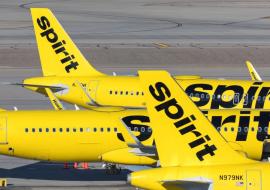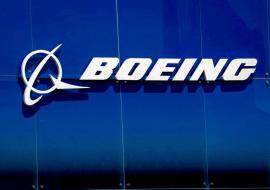Royal Caribbean Underperforms in Second Quarter

Royal Caribbean Cruises Ltd. (RCL - Analyst Report) has reported second-quarter 2012 adjusted earnings of 3 cents per share, which fell short of the Zacks Consensus Estimate of 4 cents. On a GAAP basis, the company reported a loss of 2 cents per share in contrast to earnings of 43 cents in the year-earlier quarter.
Total revenue in the quarter increased 3.0 percent year over year to $1,821.0 million which lagged the Zacks Consensus Estimate of $1,838.0 million.
Net yield upped 4.5 percent year over year on a constant currency basis (1.8 percent on a reported basis). The rise in yield was driven by a 3.0 percent improvement in net ticket revenue and a 3.8 percent increase in on-board revenue. The occupancy rate inched up to 104.1 percent from 103.7 percent in the prior-year quarter.
Total cruise operating expenses rose 9.3 percent year over year to $1,296.0 million. NCC excluding fuel increased 8.3 percent on constant-currency basis (5.8 percent on reported basis).
At quarter end, the company had total assets worth $19.7 billion versus $19.8 billion at the end of fourth quarter 2011. At the end of the quarter, total long-term debt was $7.1 billion versus $7.9 billion in the year-ago quarter.
For the third quarter, Royal Caribbean expects the bottom line to range between $1.40 and $1.50. Net revenue yield is expected to decrease 1–2 percent at constant currency. Excluding fuel expenses, net cruise costs are estimated to increase 3 percent at constant currency in the upcoming quarter. Fuel costs are expected to be $213 million.
For full-year 2012, management slashed its earnings per share guidance to the range of $1.70—$1.80 from the range of $1.80—$2.10. Net revenue yield is expected to increase 2 percent to 3 percent at constant currency (previous range was 2–5 percent). Net cruise cost excluding fuel is projected to increase 4 percent at constant currency (earlier 5 percent). Fuel expenses are expected to be $899 million per metric ton.














